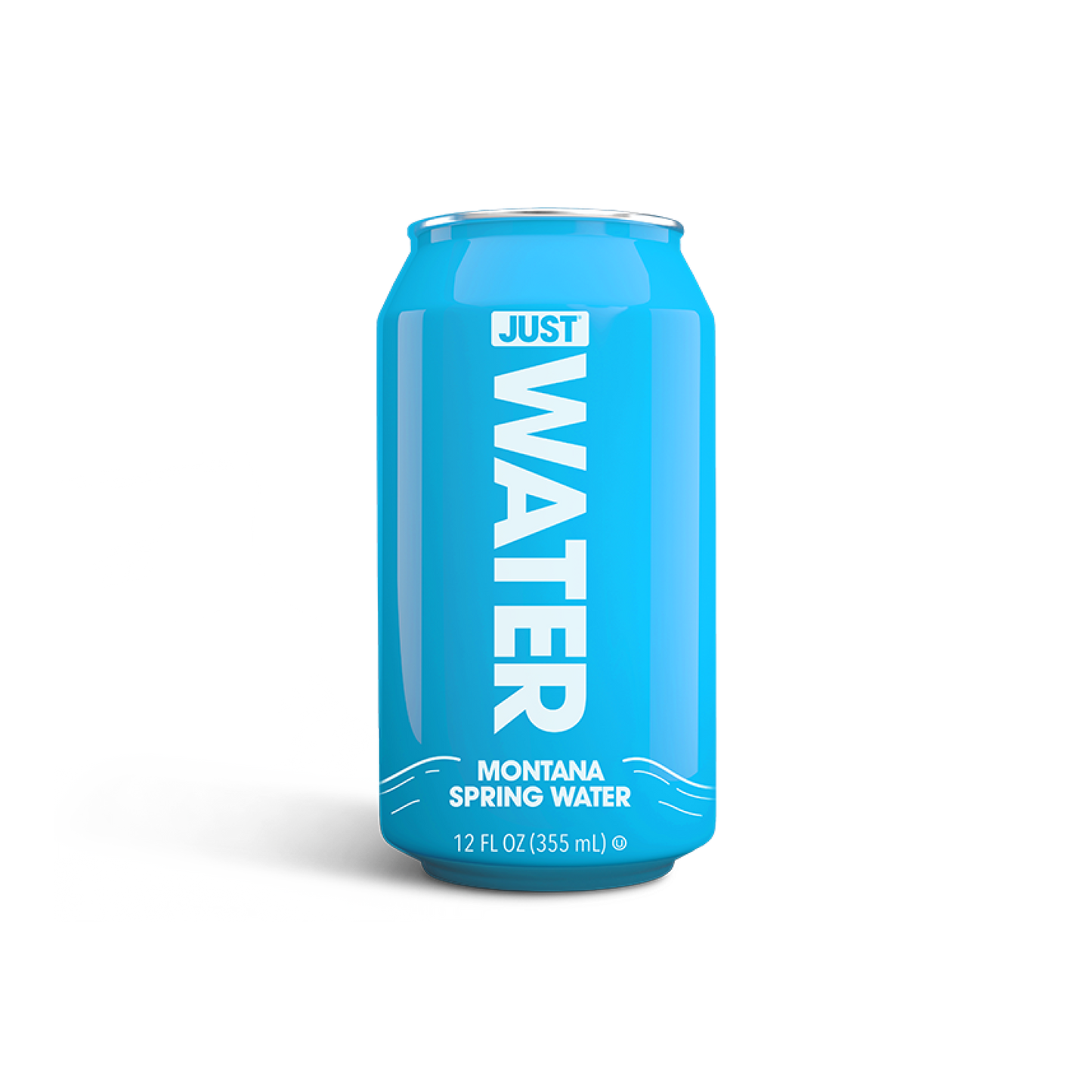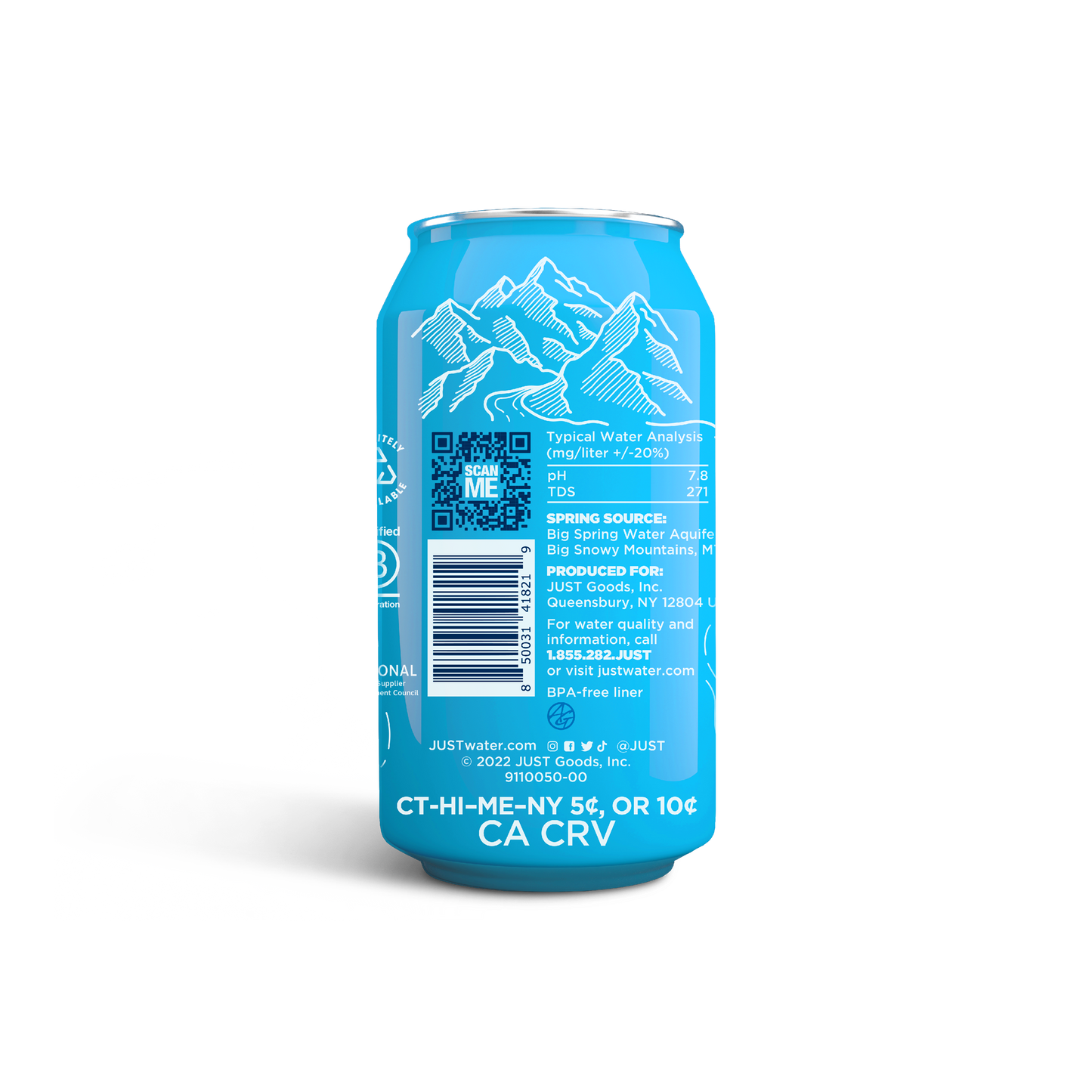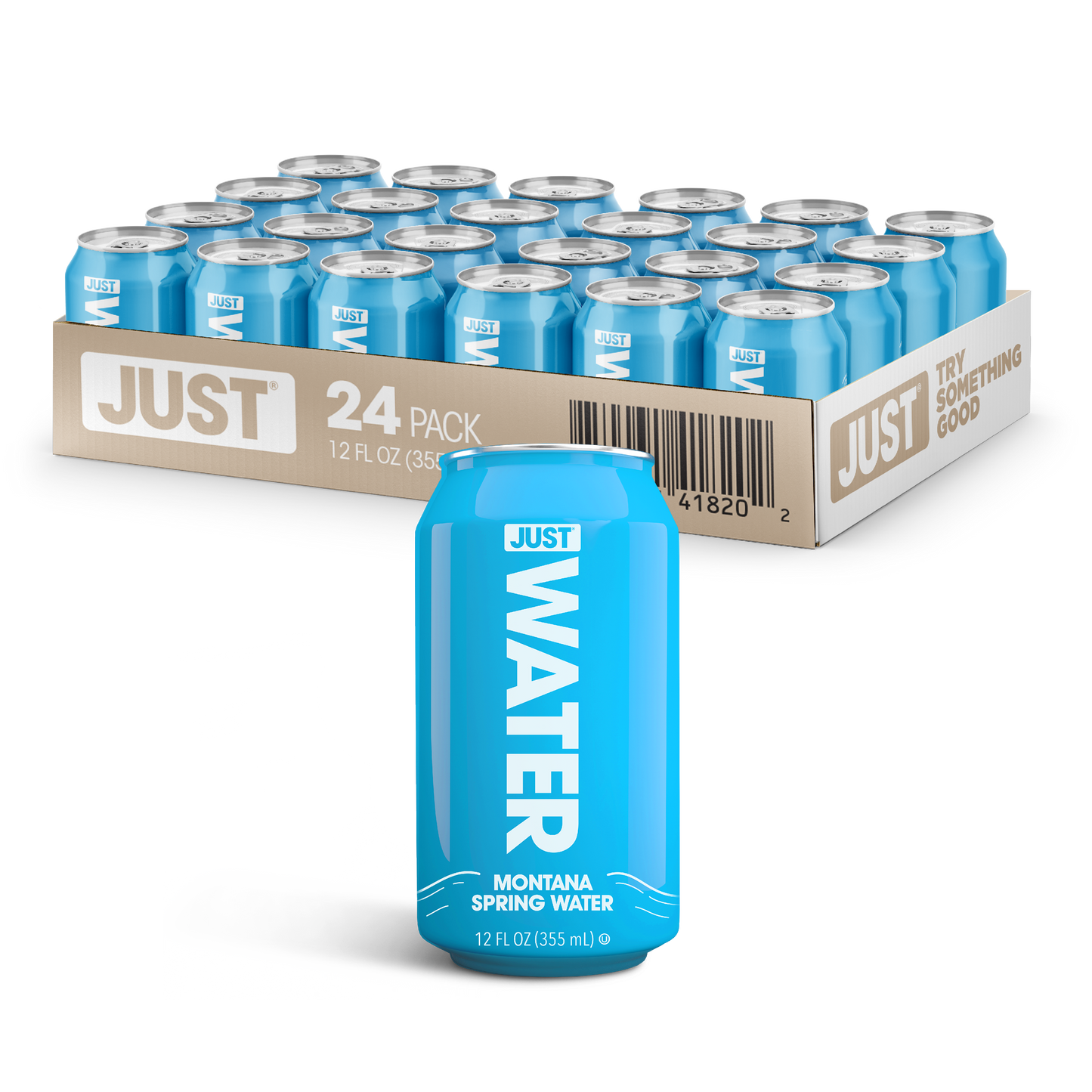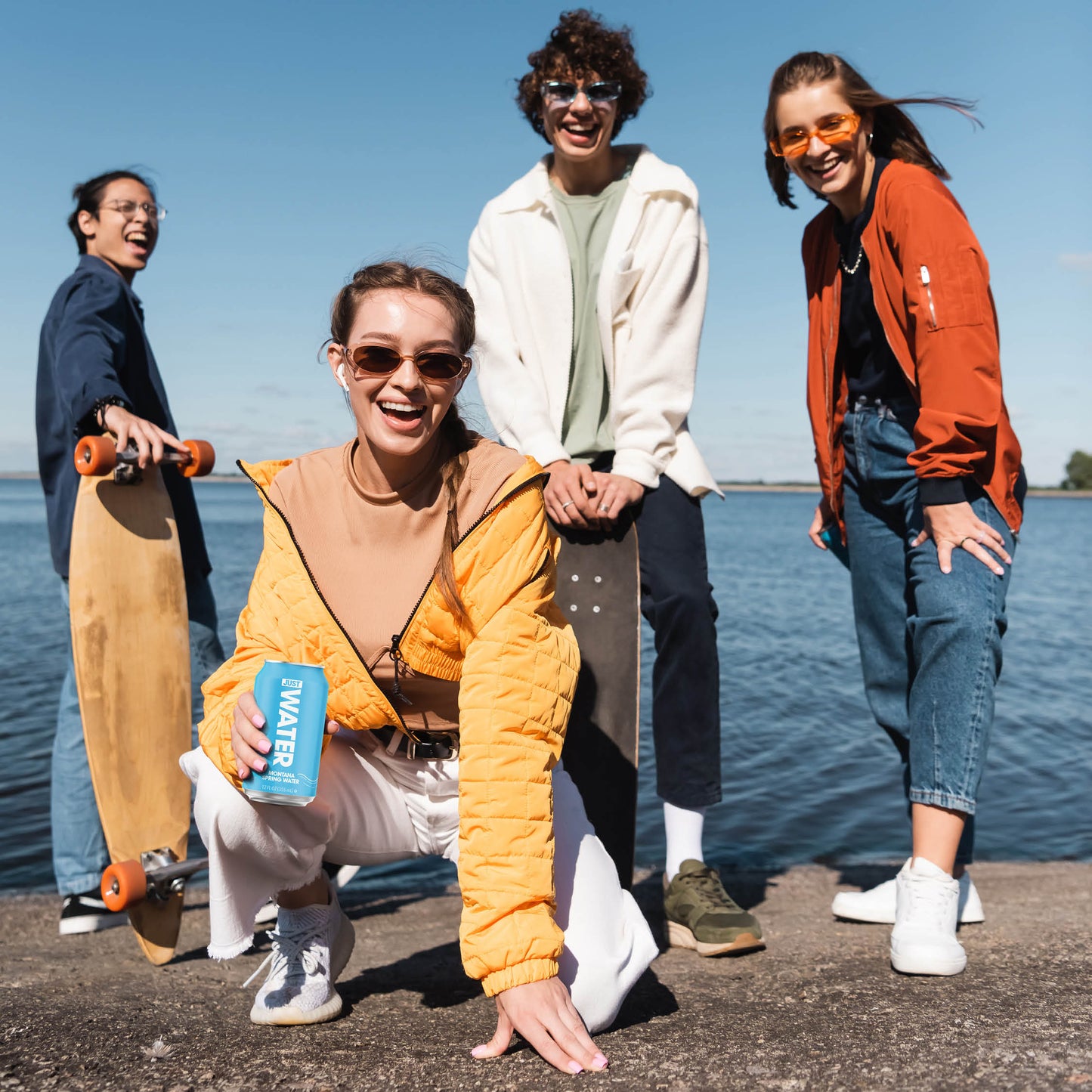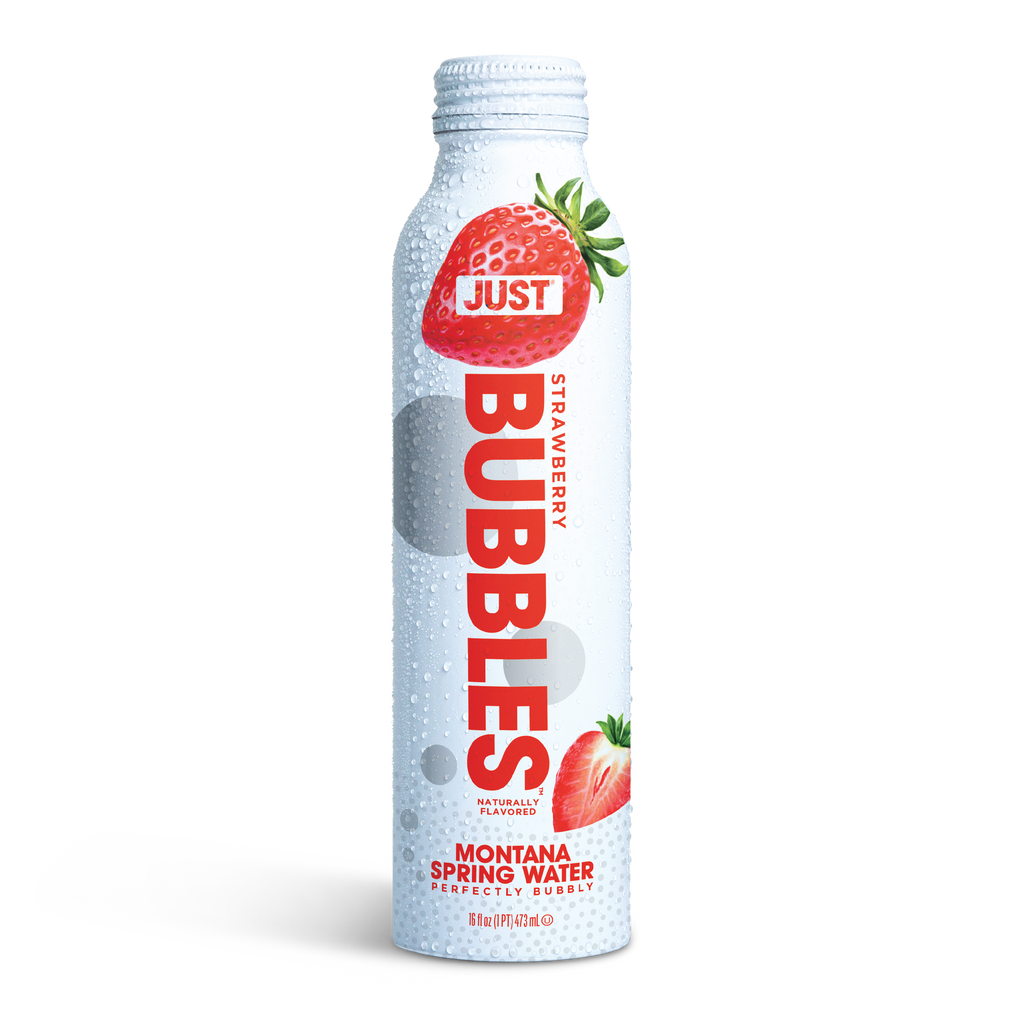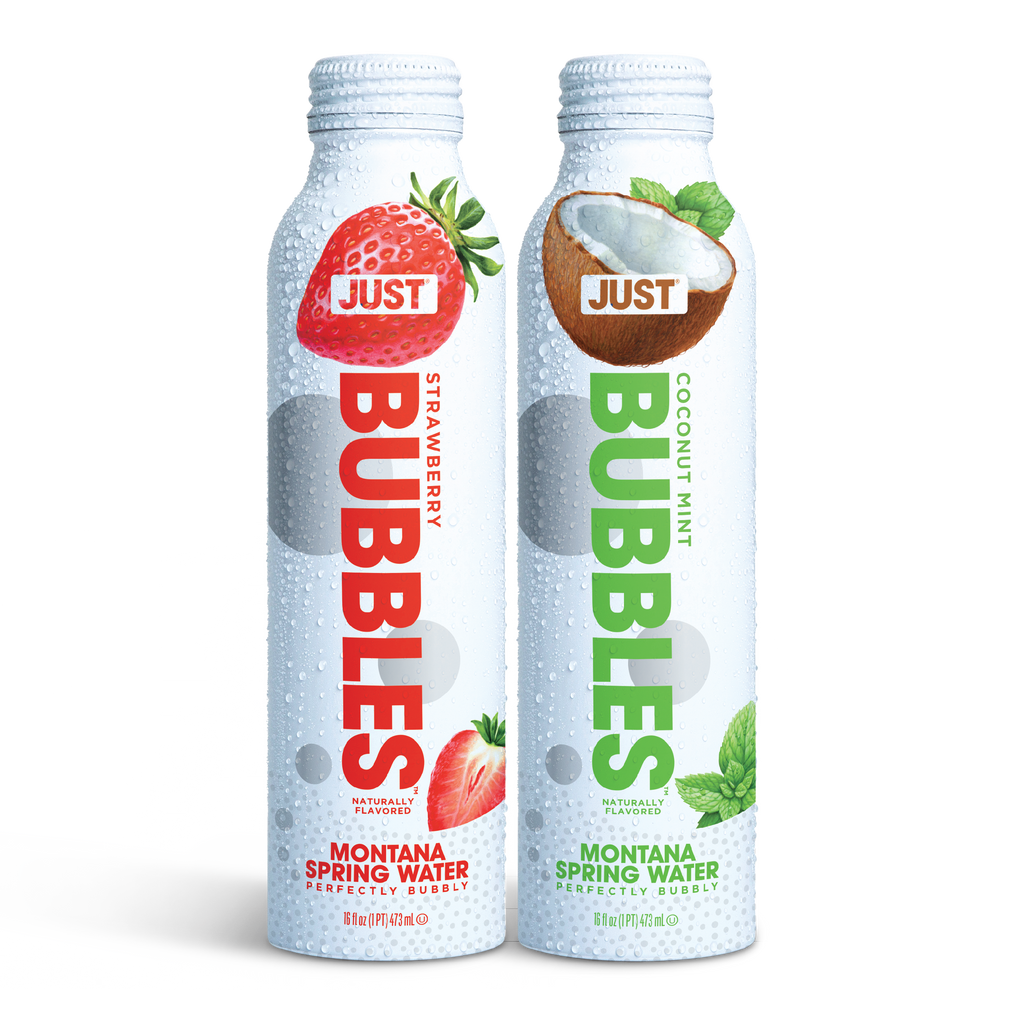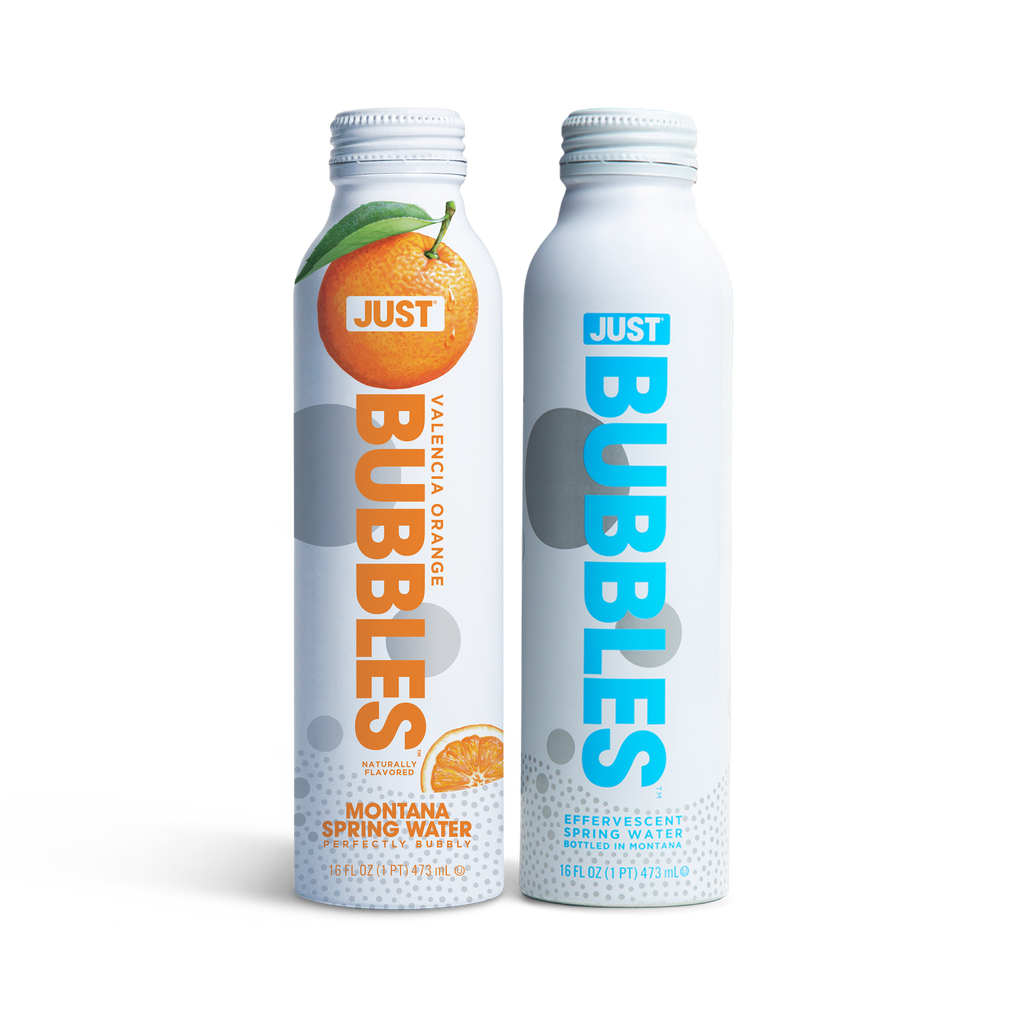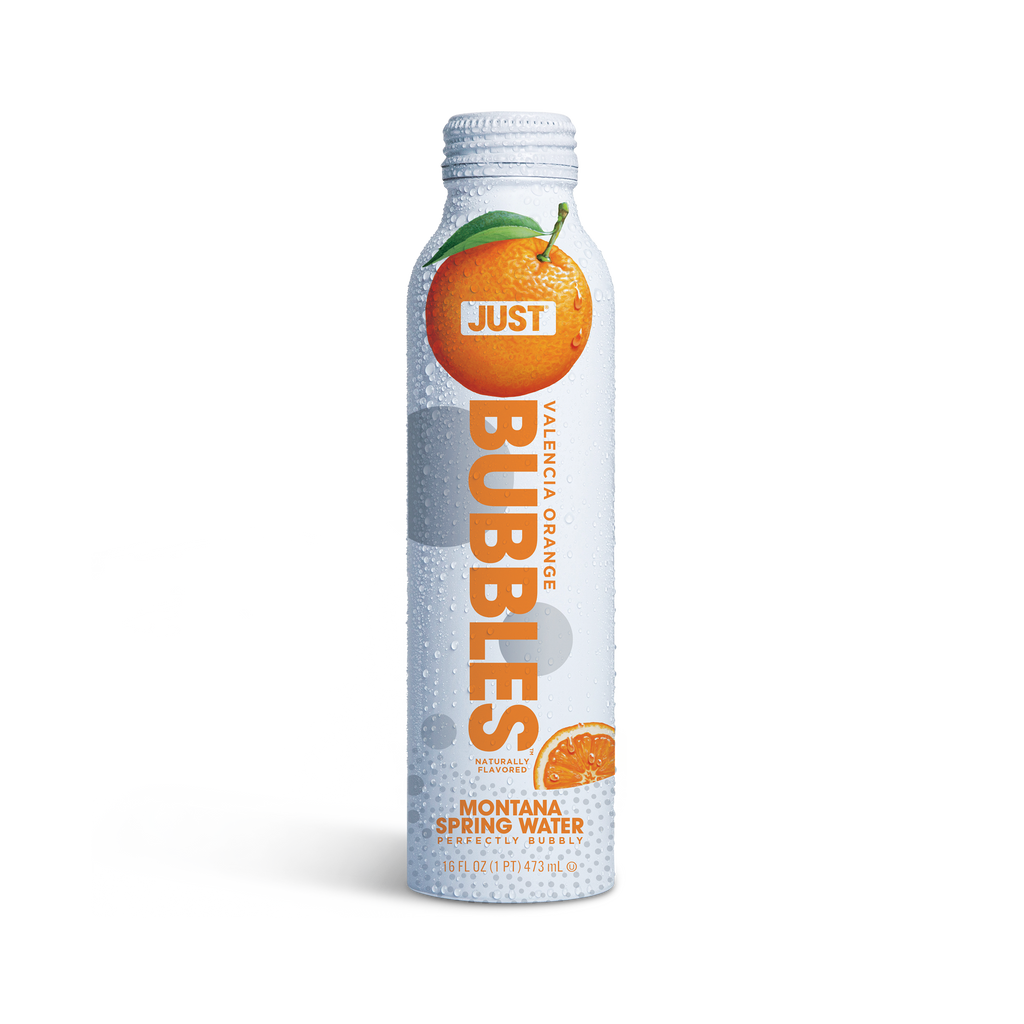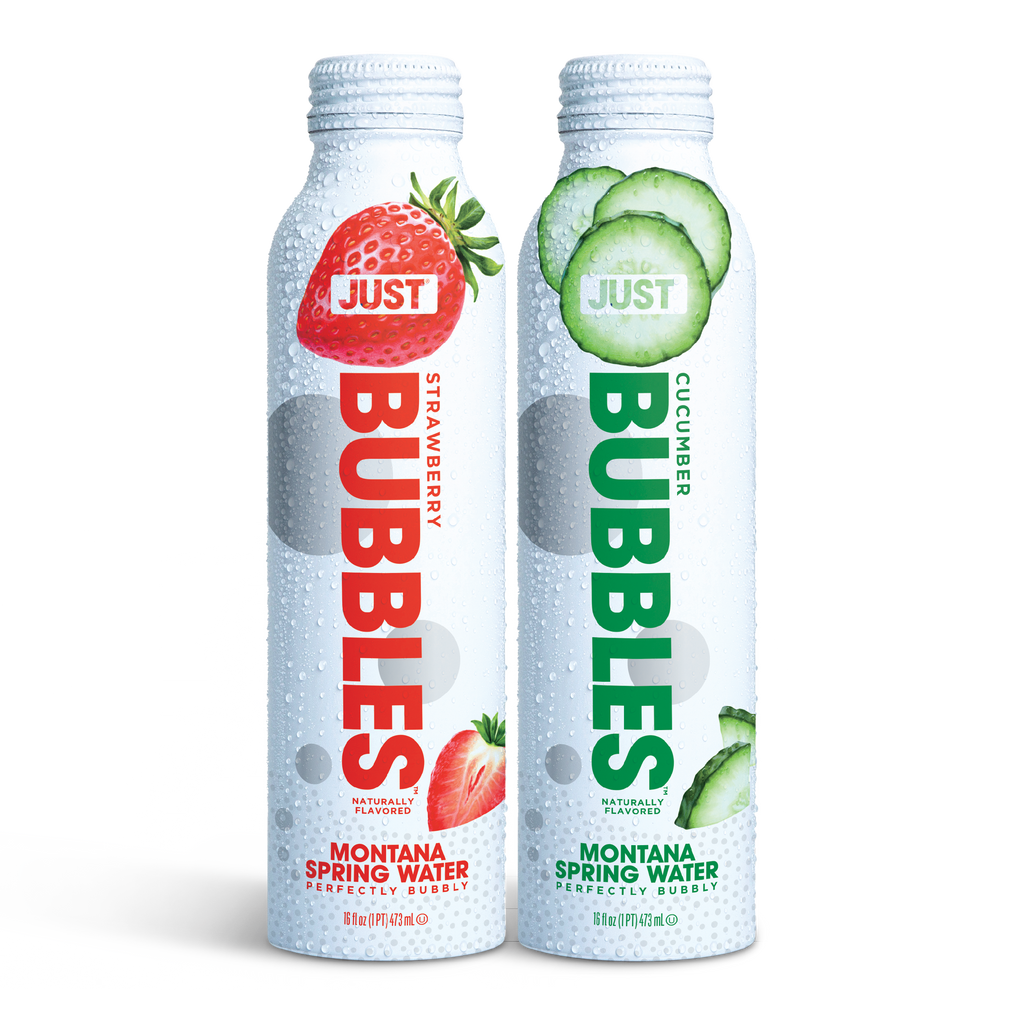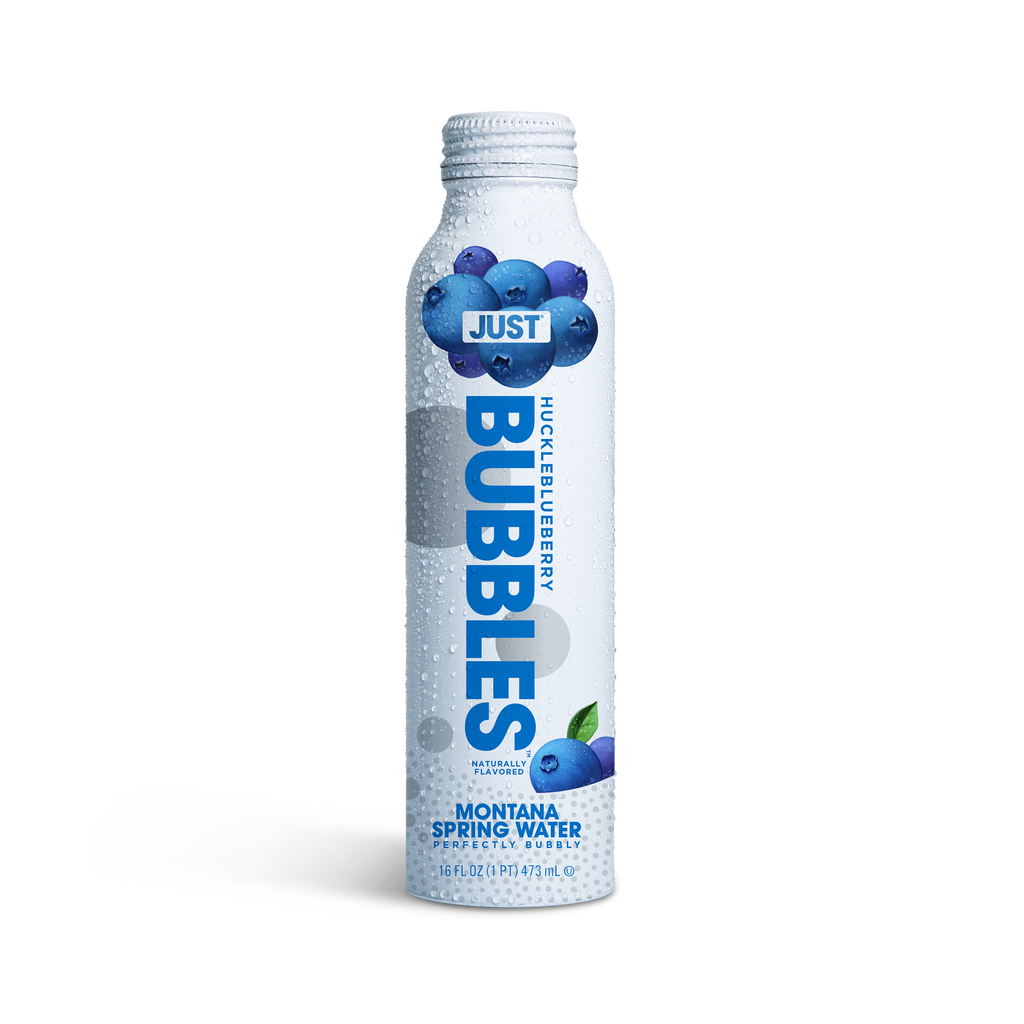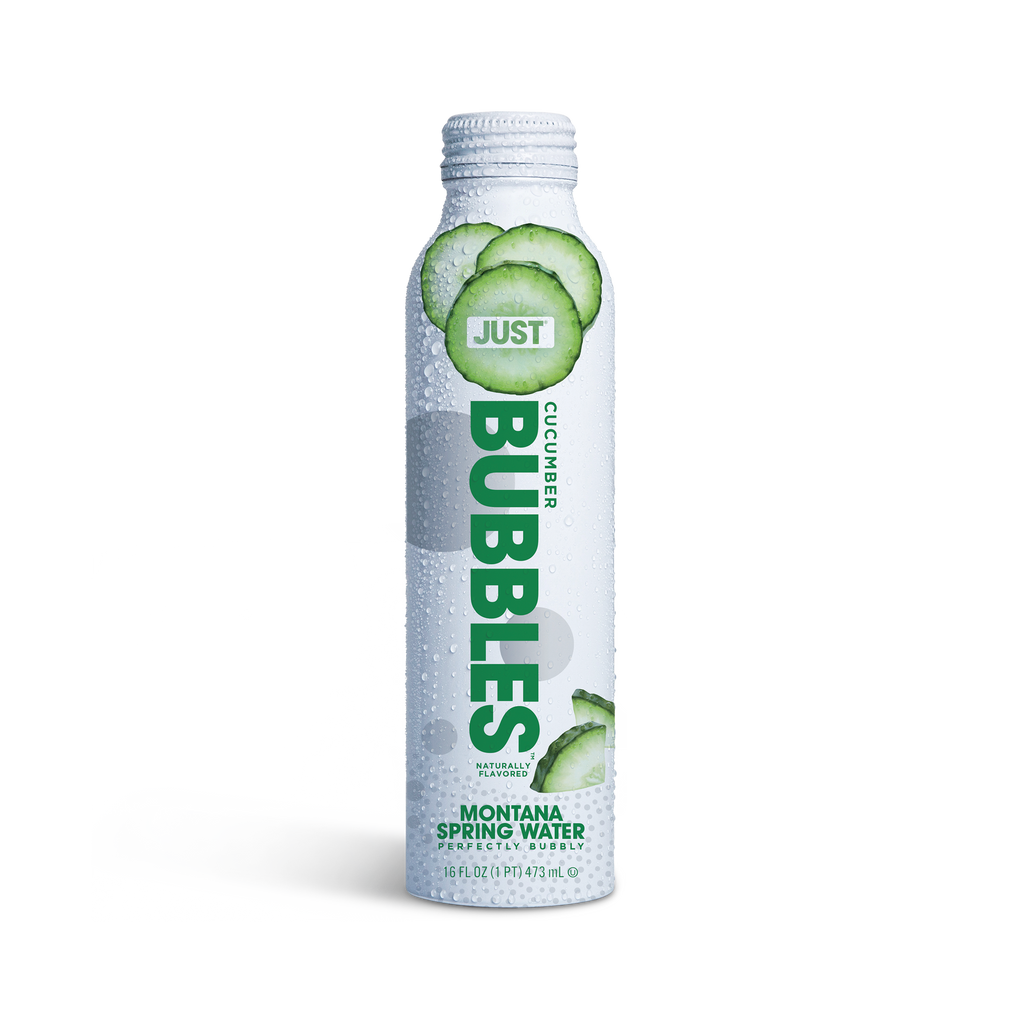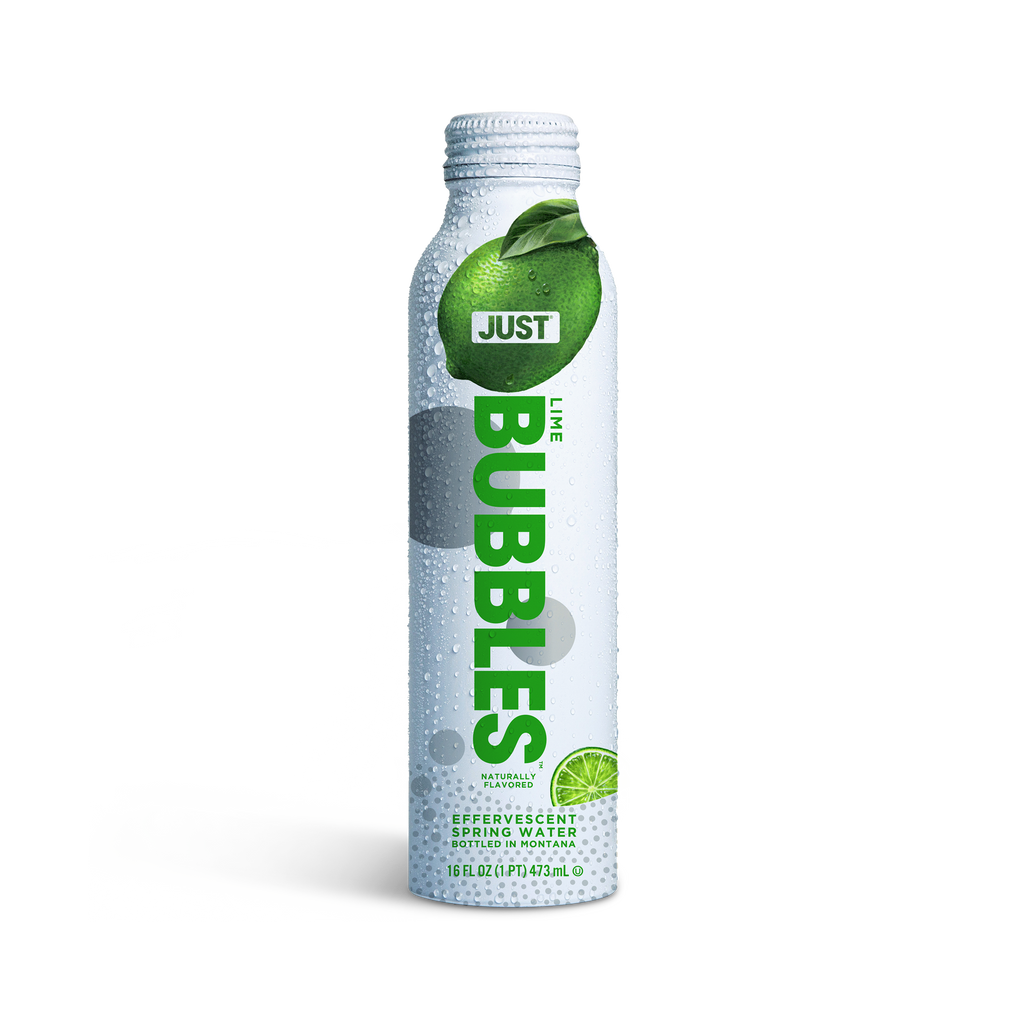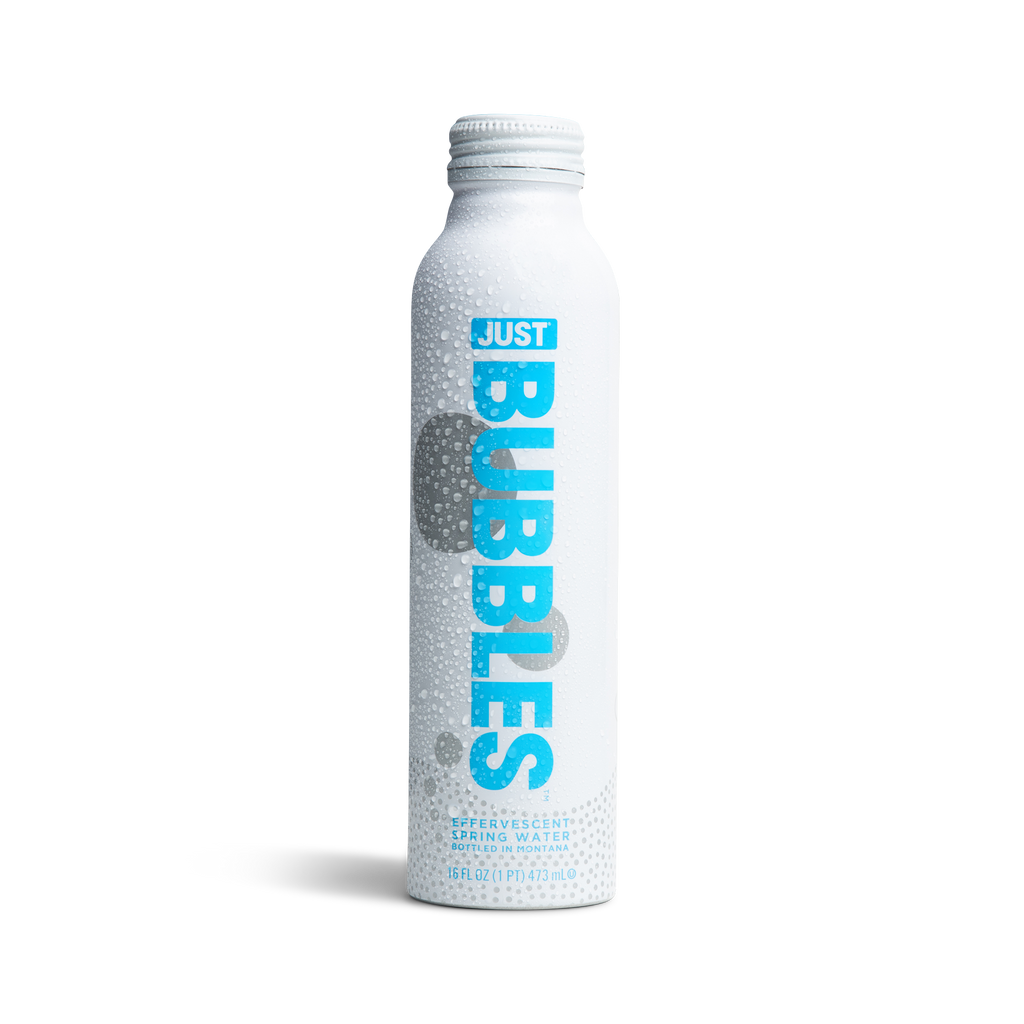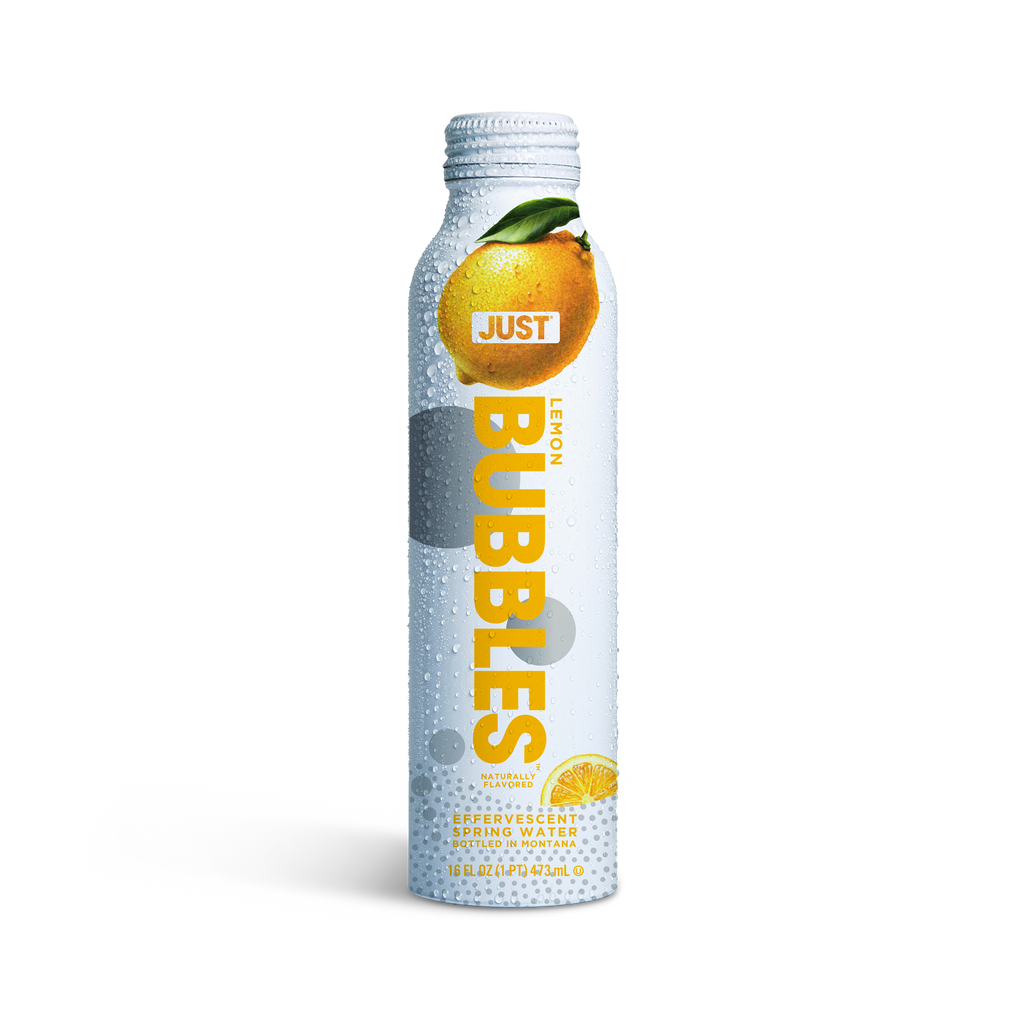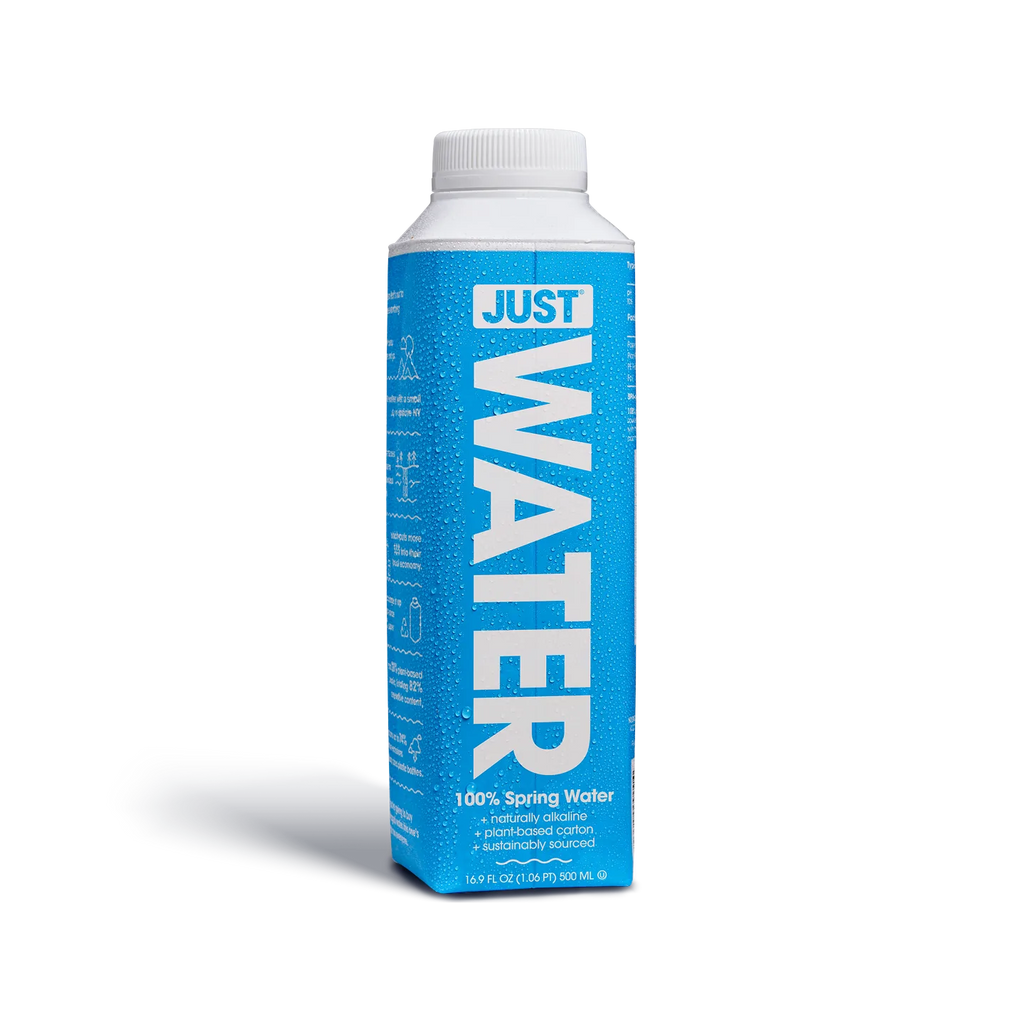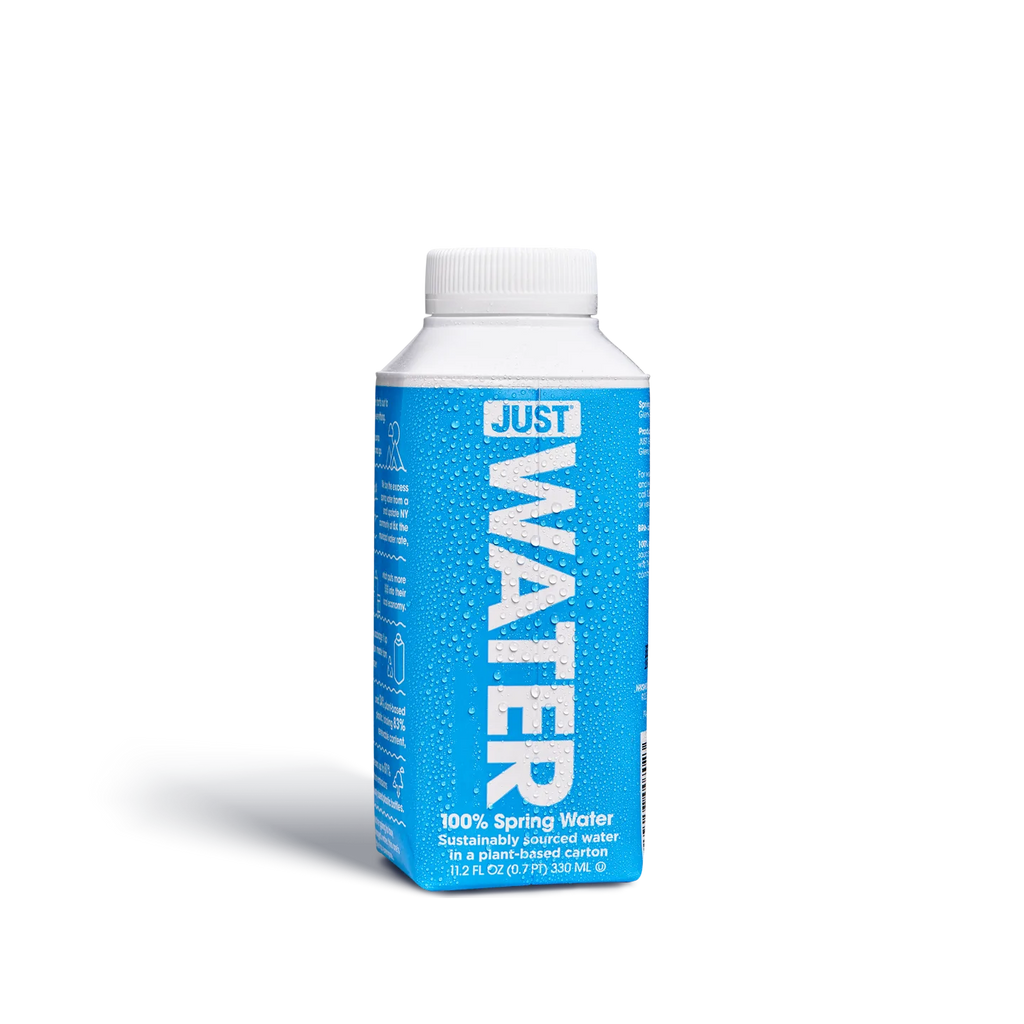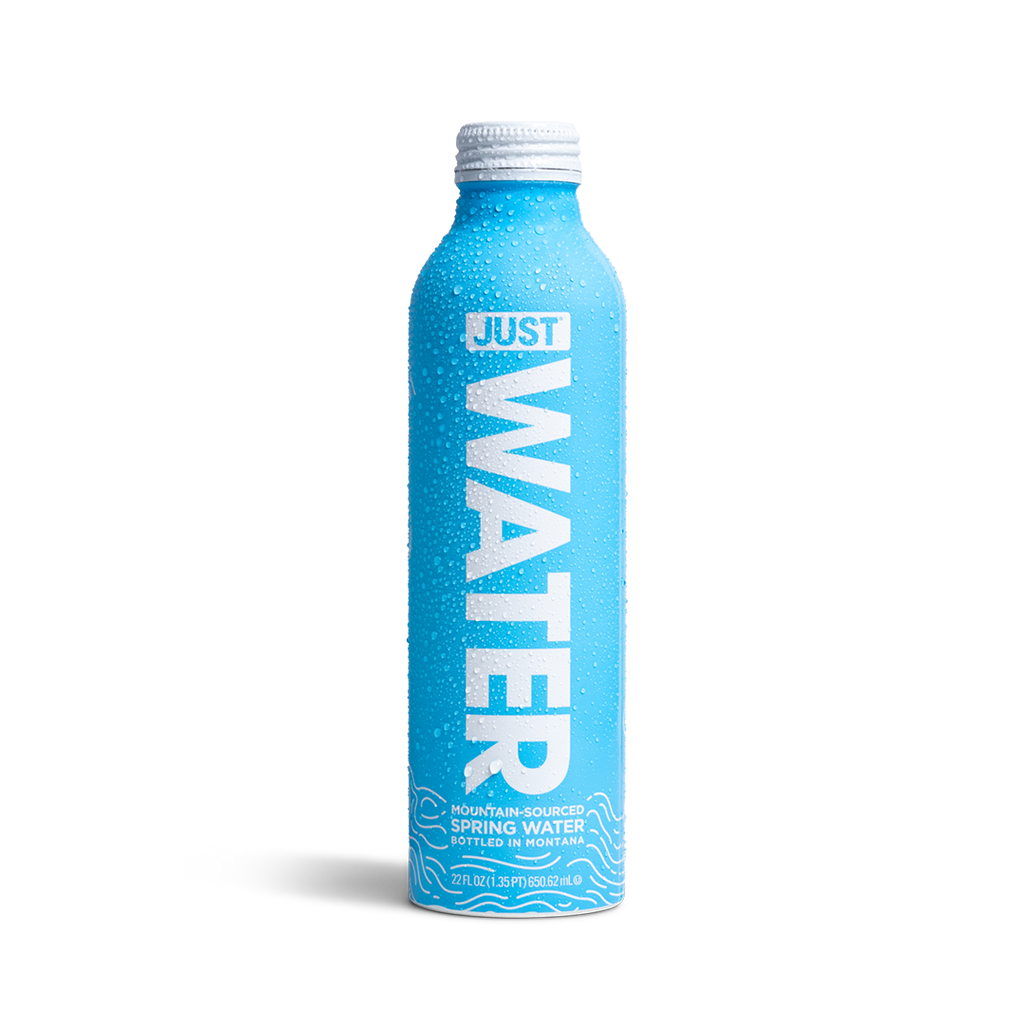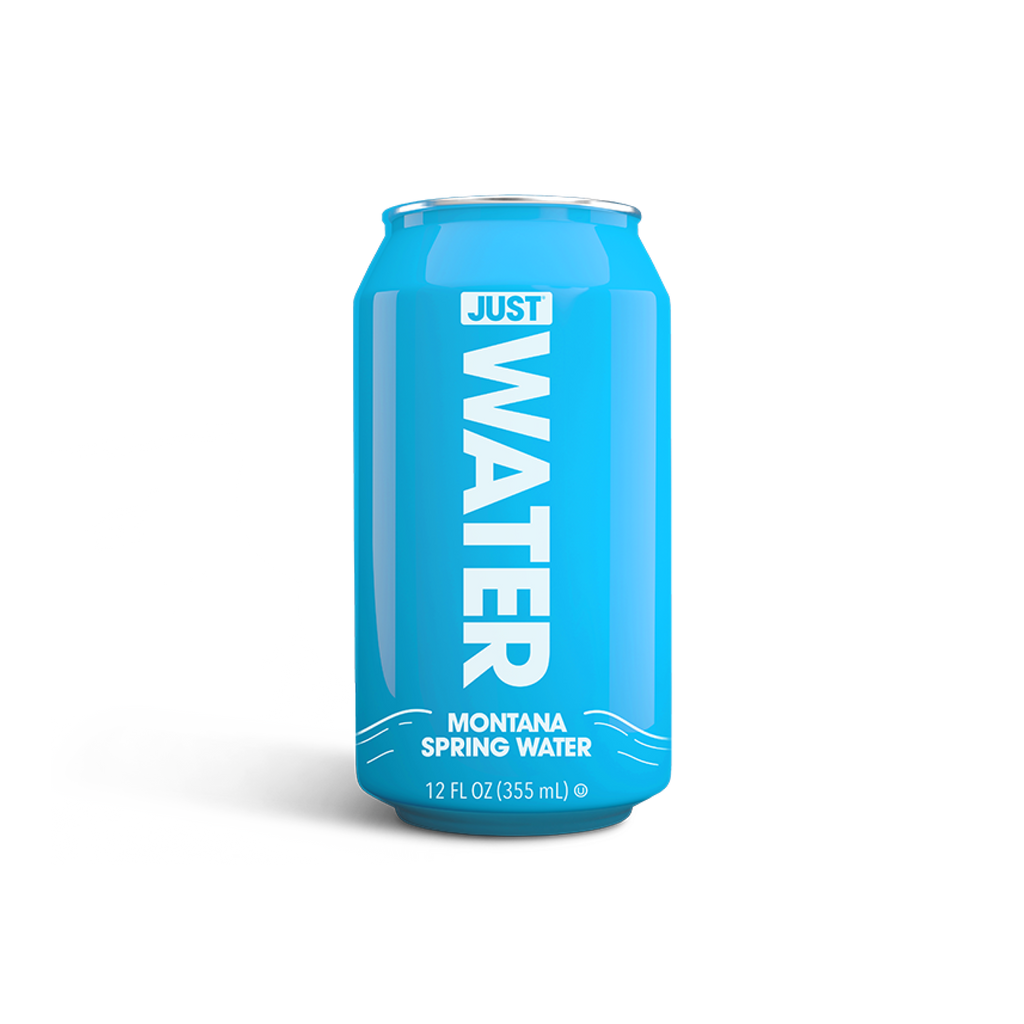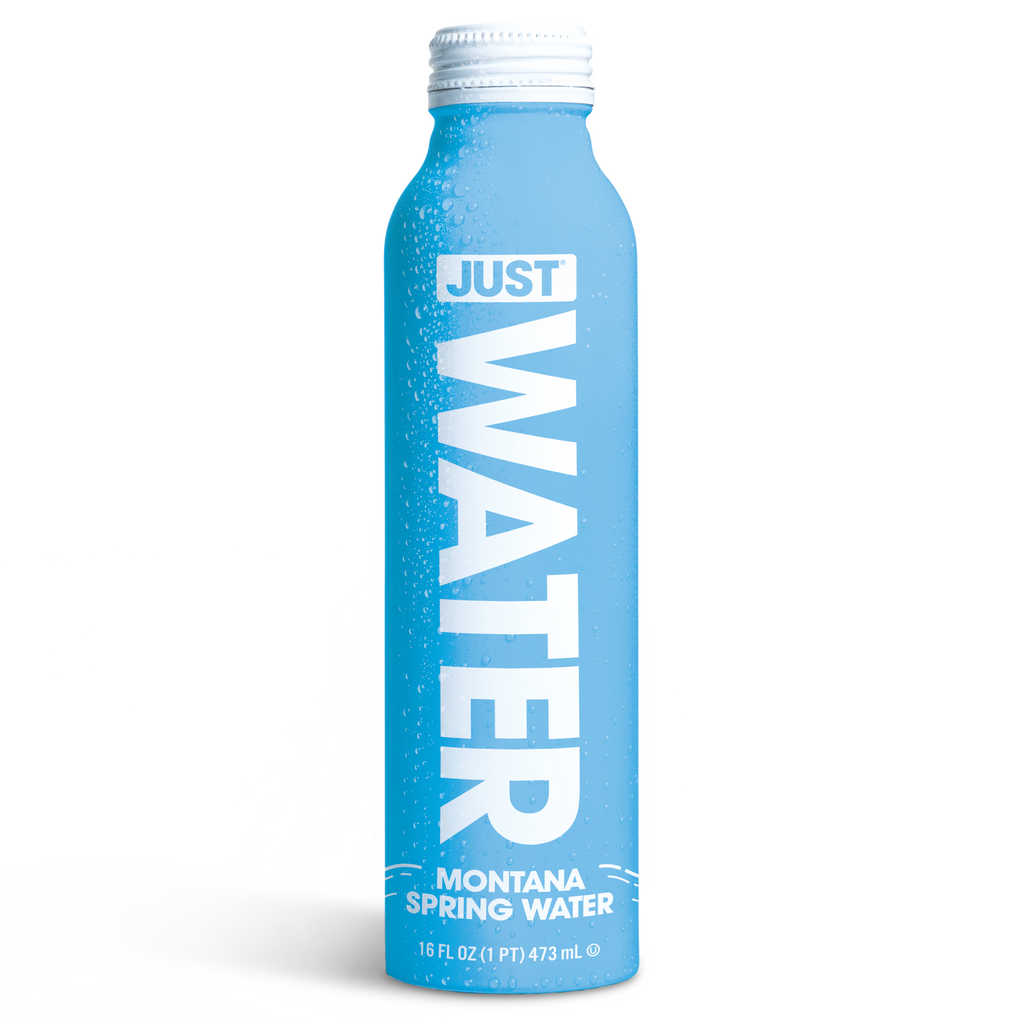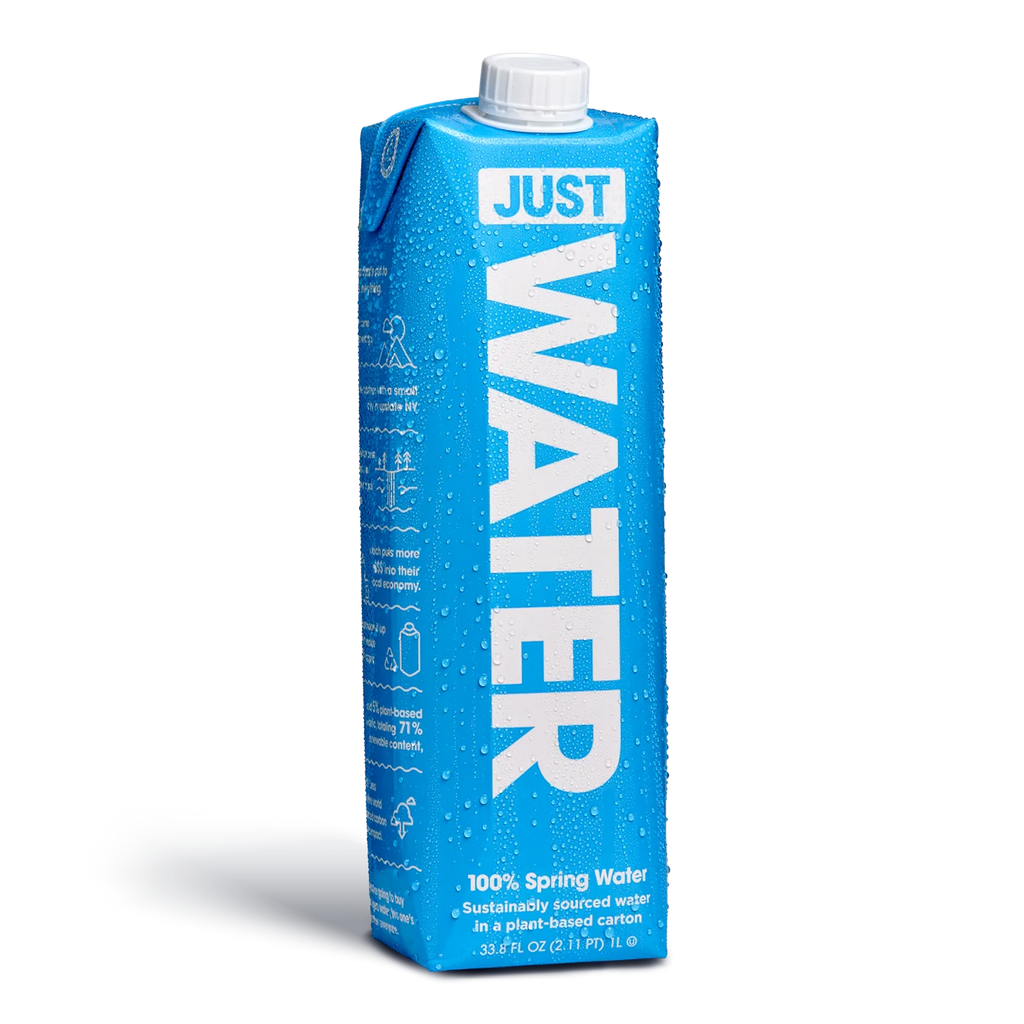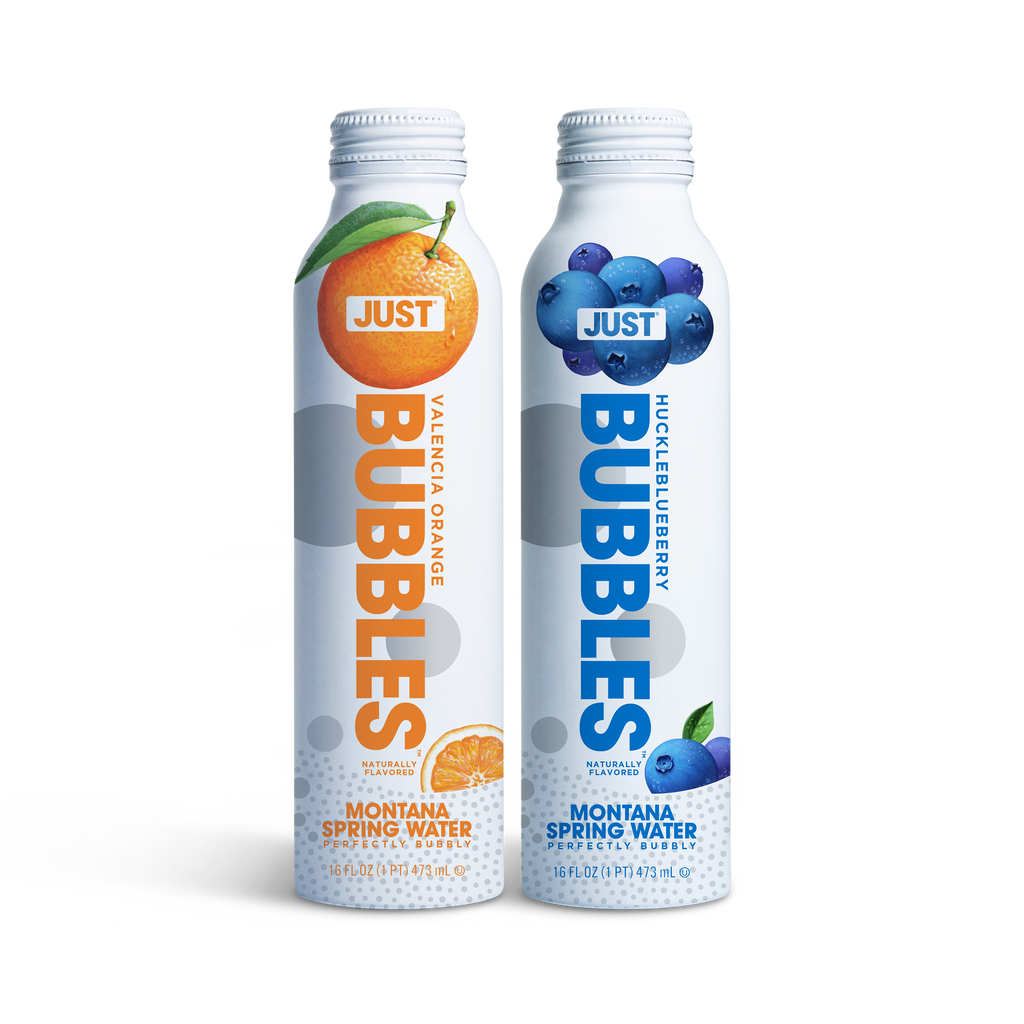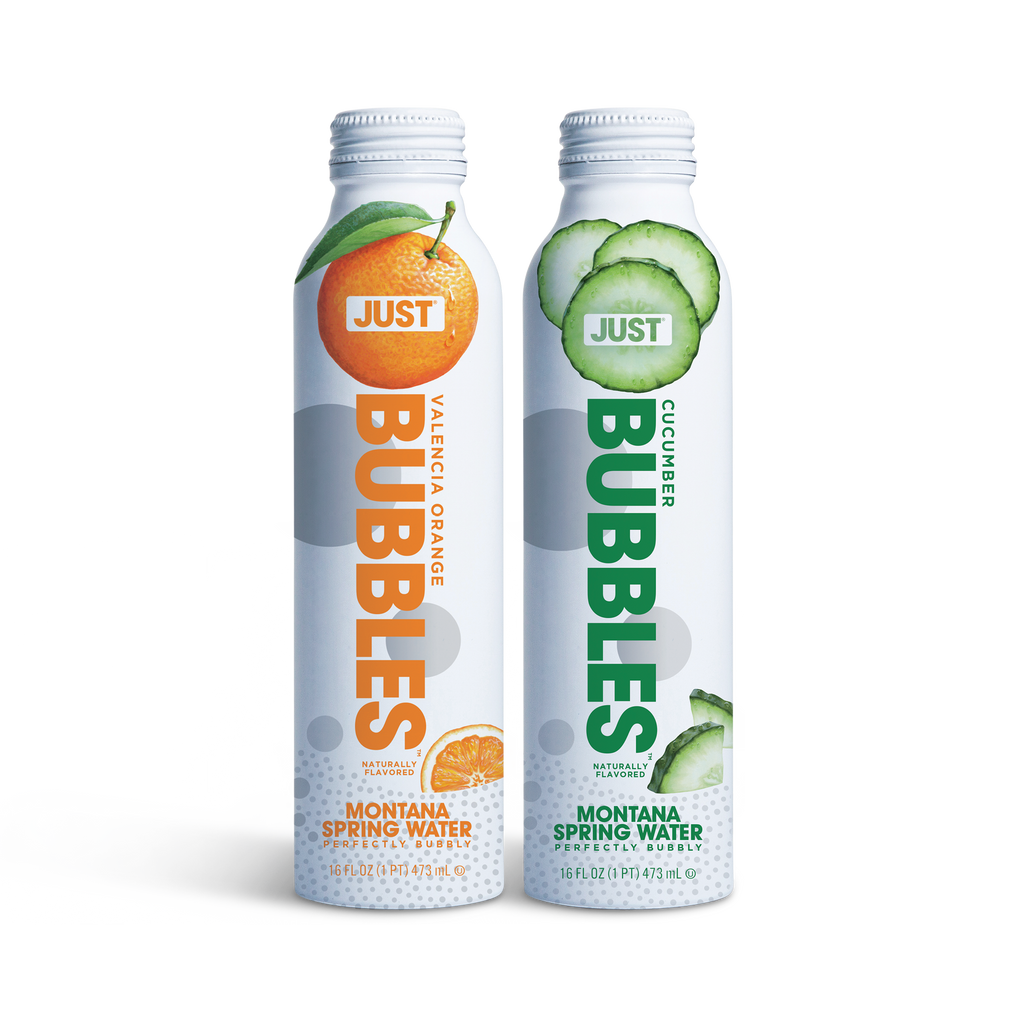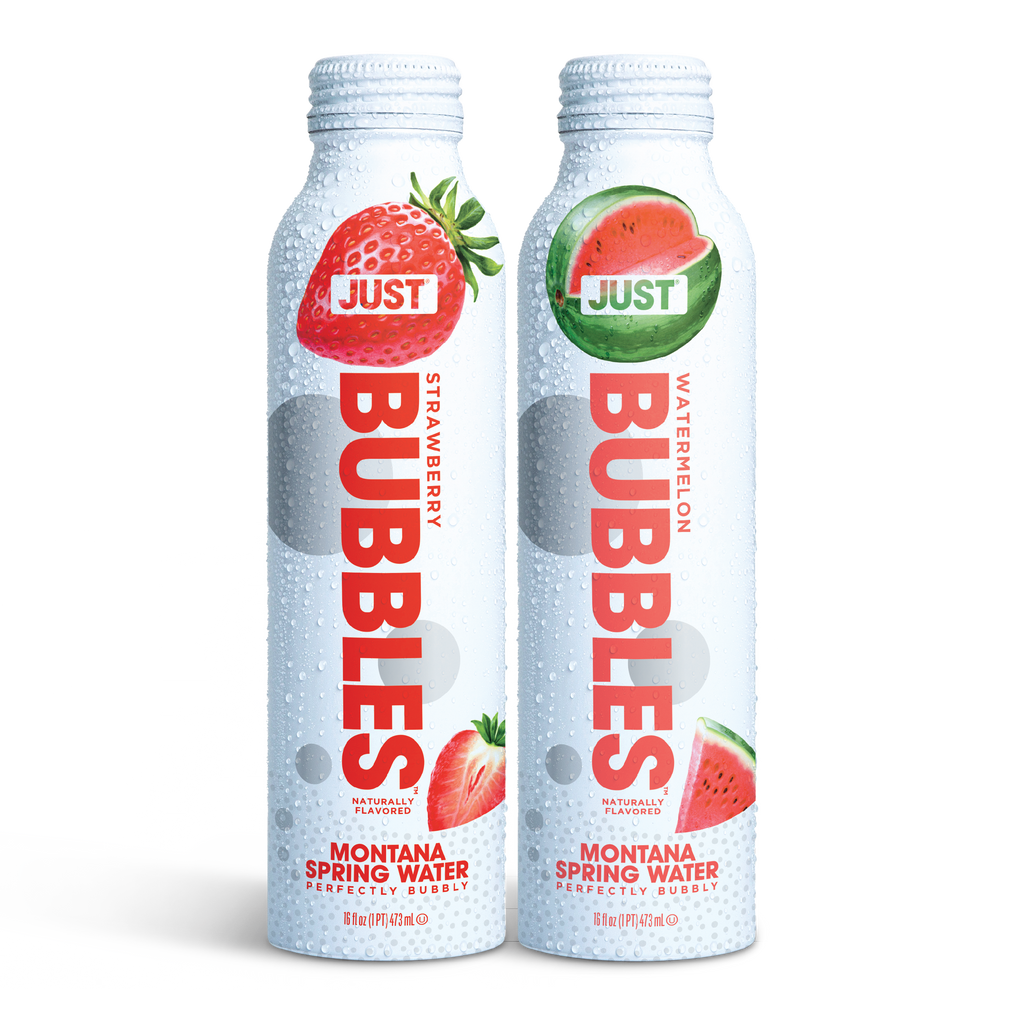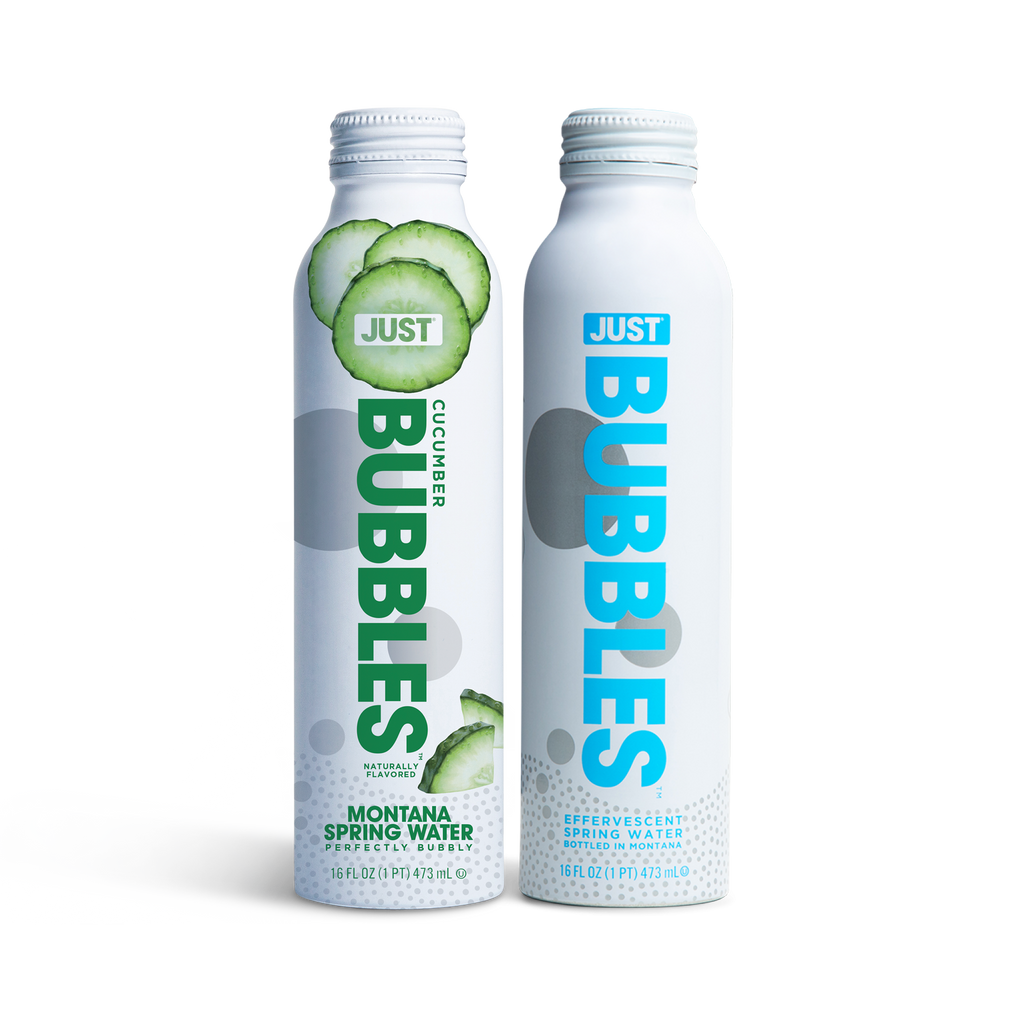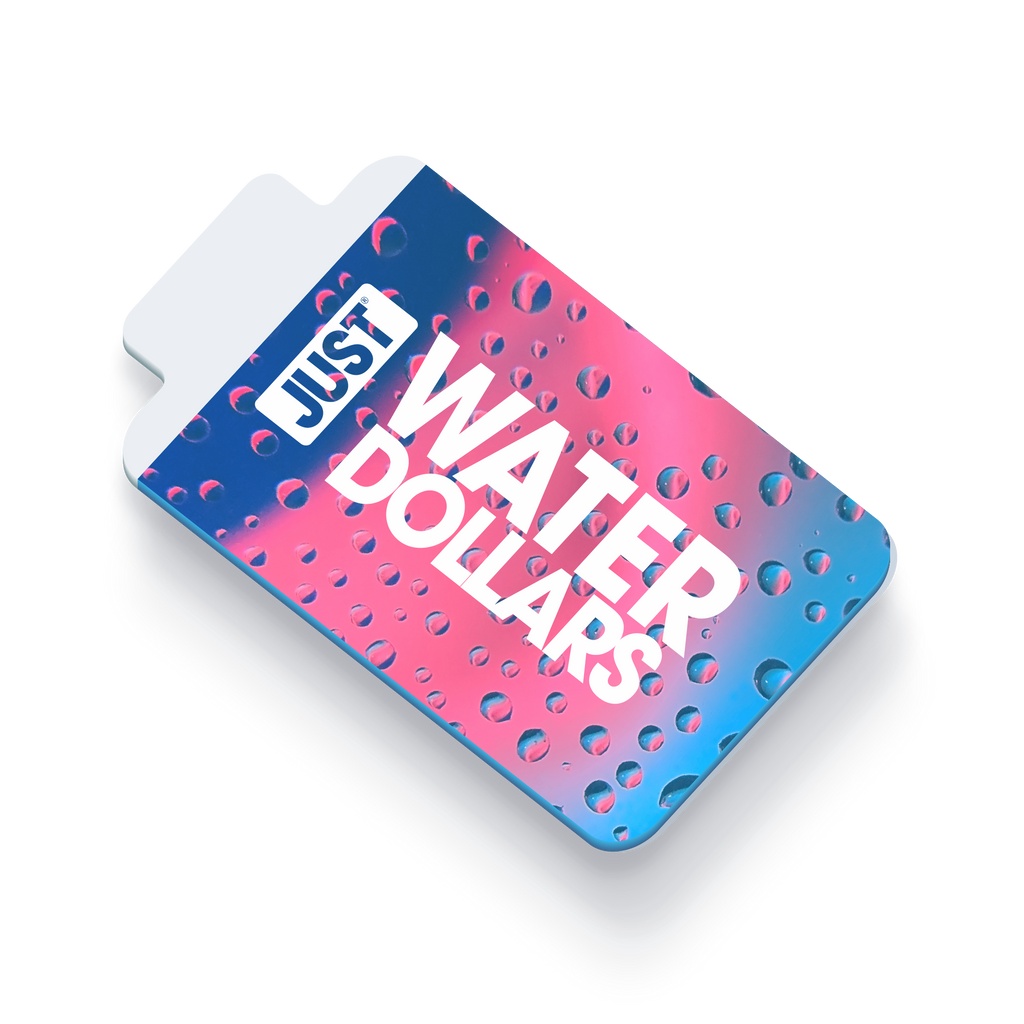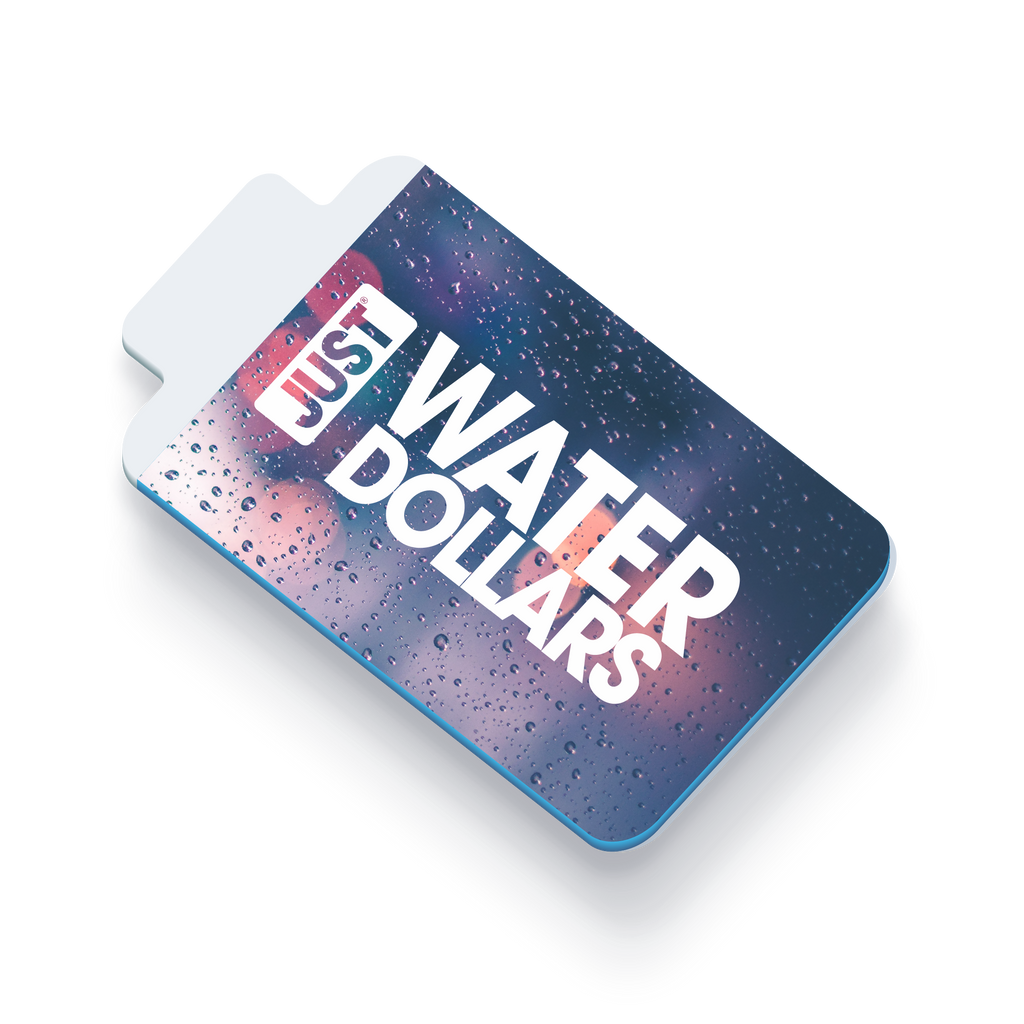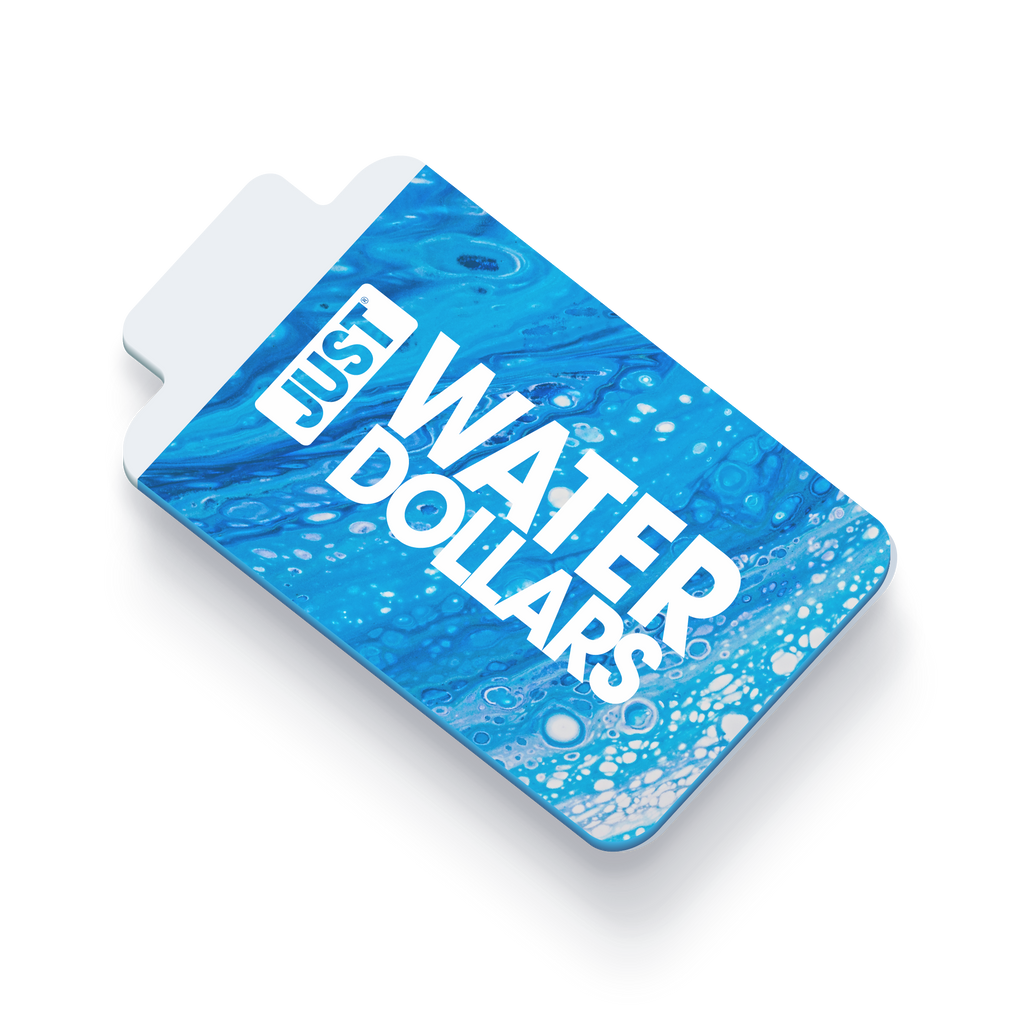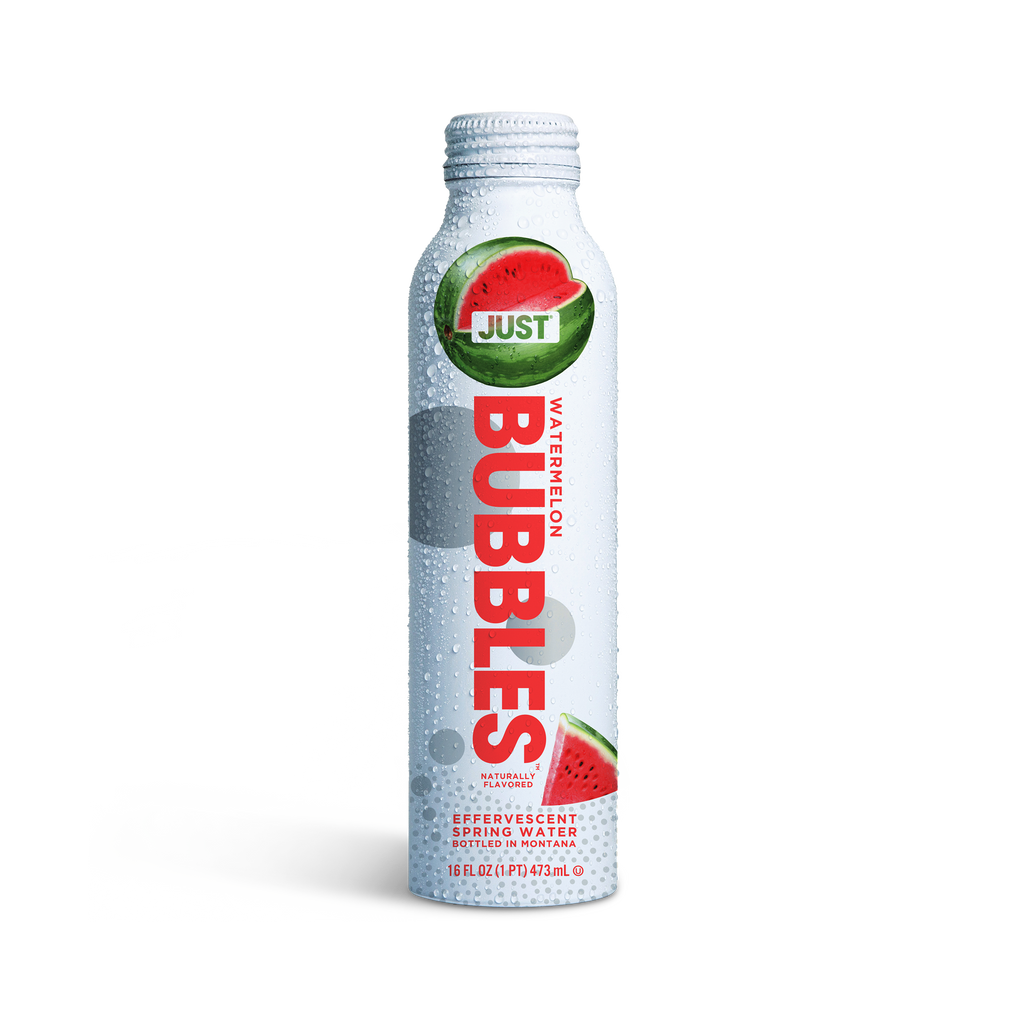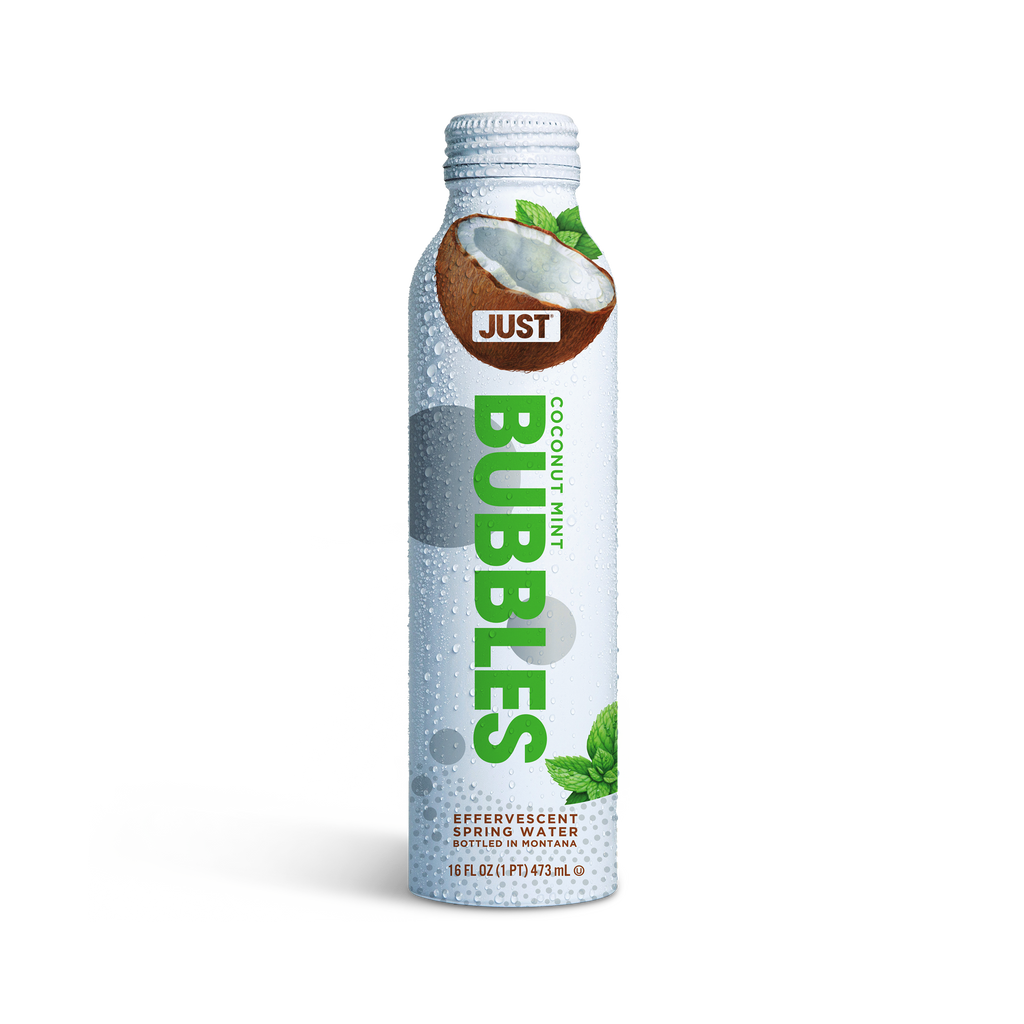SEMAGLUTIDE (OZEMPIC) & HYDRATION 101
Written by Jamie Fletcher
As lifestyle diseases continue to skyrocket in the U.S. and patience for fad diets and extreme exercise regimens declines, it’s no wonder a medication touting benefits like weight loss and blood sugar management would garner attention from medical professionals and consumers alike. With substantial supporting evidence and success stories, semaglutide, the peptide and primary ingredient in both Ozempic & Wegovy, has launched these medications to the top of many medical professionals list as the first line of defense against weight-related chronic illness, which include type II diabetes, heart disease, metabolic syndrome, and obesity. Beyond weight loss and blood sugar management, these name-brand medications have been used for other health-related conditions, including addiction, kidney disease, and Polycystic Ovarian Syndrome (PCOS).
Given the laundry list of benefits and healthcare support, it’s hard not to glaze over the potential risks and side effects of the hottest weight management drugs we’ve seen to date. But like most medical interventions, it’s important to recognize that these powerful medications are not entirely innocuous and usage needs to be handled with care and with caution.
Today, we’re walking through an often overlooked side effect that affects both the efficacy of the medications and the health of the consumer–dehydration. We’re diving into the signs to look out for, the short and long-term effects, and the steps to take to stay healthy, hydrated, & thriving on your semaglutide journey.
Understanding Ozempic and Its Dehydrating Effects
Ozempic and Wegovy, both semaglutide-based GLP-1 agonists, have become a hot topic of medical conversation for the ability to assist in managing blood sugar levels and promoting weight loss. However, according to the Ozempic prescribing information, dehydration can be a potential consequence & is anecdotally a well-documented side effect. This is most prevalent during the introductory period, which often causes nausea and a general reduction in thirst drive. If you or a family member begins taking either Ozempic or Wegovy, it’s crucial that you pay close attention to any tell-tale signs of dehydration. These include dry mouth (which can lead to changes in taste), constipation, stomach pain, fatigue, headaches, dry skin (which can exacerbate ‘Ozempic Face’, and dizziness.
So What’s The Big Deal?
Dehydration can lead to a range of health issues if left unaddressed. From systemic inflammation, increased risk of kidney stones, extreme electrolyte imbalances, fluid retention, and other common symptoms of poor hydration status, the risks of short and long term health complications rises substantially when taking a GLP-1 medication. Let’s break down some of these side effects, including the relationship between dehydration and the effects of the drugs:
- Reduced efficacy: When dehydrated, your body doesn't function at its peak. This can make the medication less effective overall. Proper hydration is fundamentally important for the effective functioning of most medications, including Wegovy & Ozempic. Impaired fluid levels can significantly influence how your body processes and utilizes semaglutide, potentially diminishing its effectiveness or amplifying side effects.
- Weight loss woes: Dehydration can mimic weight loss, but it's not the kind you're aiming for. You might see a dip on the scale, but if your fluid balance is off, it's likely mostly water weight, not fat loss. Or, on the other end of the spectrum, electrolyte imbalances from dehydration can lead to water retention, making it more difficult to notice any true weight reduction. Plus, prolonged dehydration has the potential to hinder weight loss by reducing your metabolic rate, possibly triggering feelings of hunger, and ultimately impeding your efforts to successfully manage your weight.
- Poor Blood Sugar Regulation: While both Ozempic and Wegovy have been shown to improve blood sugar control, the effect can be blunted by dehydration. This can result in blood thickening, making it harder for insulin to transport glucose into the cells, potentially leading to higher blood sugar spikes. Staying hydrated is crucial while taking these medications to ensure they continue to work as intended.
- Long-term risks: Chronic dehydration can lead to cognitive impairment, inflammation, fatigue, kidney problems, poor digestion, and in extreme cases, cardiac issues connected to compromised electrolyte levels. Not exactly a recipe for wellness success.
Hydration Hacks
If you’re struggling to hit your water goals while taking Ozempic or Wegovy, these are a few of our sippin’ strategies to keep the good times (as in, feeling good) flowing:
- Consistently drink water throughout the day by setting an alarm on your phone every 2 hours to check your fluid intake progress. Since men require about 15.5 cups of water (124 ounces) & women 11.5 (92 ounces), it’s helpful to have cartons, bottles, or cans of water on hand to make it easier to track your intake.
- Monitor the color of your urine – pale yellow urine indicates adequate hydration. If it looks closer to sunflower yellow after you go, it’s time to drink some water.
- Include water-rich foods like cucumber, watermelon, and oranges into your diet. This double wellness whammy not only makes it easier to stay hydrated, but also helps sneak in a few more servings of vitamin and mineral-rich fruits and veggies. Another way to add more minerals into your diet? Choose mineral-rich spring water, like JUST Water’s line of Still mountain-sourced spring water or Bubbles sparkling water for an extra boost.
- Speaking of sparkling water, if you find it difficult to get on board with plain Jane H2O, try sparkling or naturally flavored water, or try adding sliced fruits, herbs, or an electrolyte powder to spice your sips up.
- As we mentioned above, if you tend to gravitate towards more dehydrating drinks like soda, coffee, or alcoholic bevvy’s, try to limit those options as much as possible. Since both caffeine and alcohol are diuretics, they can make dehydration worse.
- Focus on drinking high-quality water, which taste superior to the stuff flowing from your tap. It’s also a good idea to check for PFA-free options since your body is in a critically sensitive state when adjusting to a new medication, making it all the more important to take extra care with what you’re choosing to put into your body.
Final Word + Disclaimer
Along with other healthy habits and a mindful and proactive approach to hydration, you can set yourself up for a smooth start to a new semaglutide protocol. Since hydration plays a vital role in maintaining your overall well-being, it’s a crucial component to achieving your health goals. So bottoms up to the best version of you!
The authors from JUST Water are not medical professionals. The information provided here is for educational purposes only and should not substitute professional medical advice. It is essential to consult with your healthcare provider regarding any questions or concerns about your medications and health.
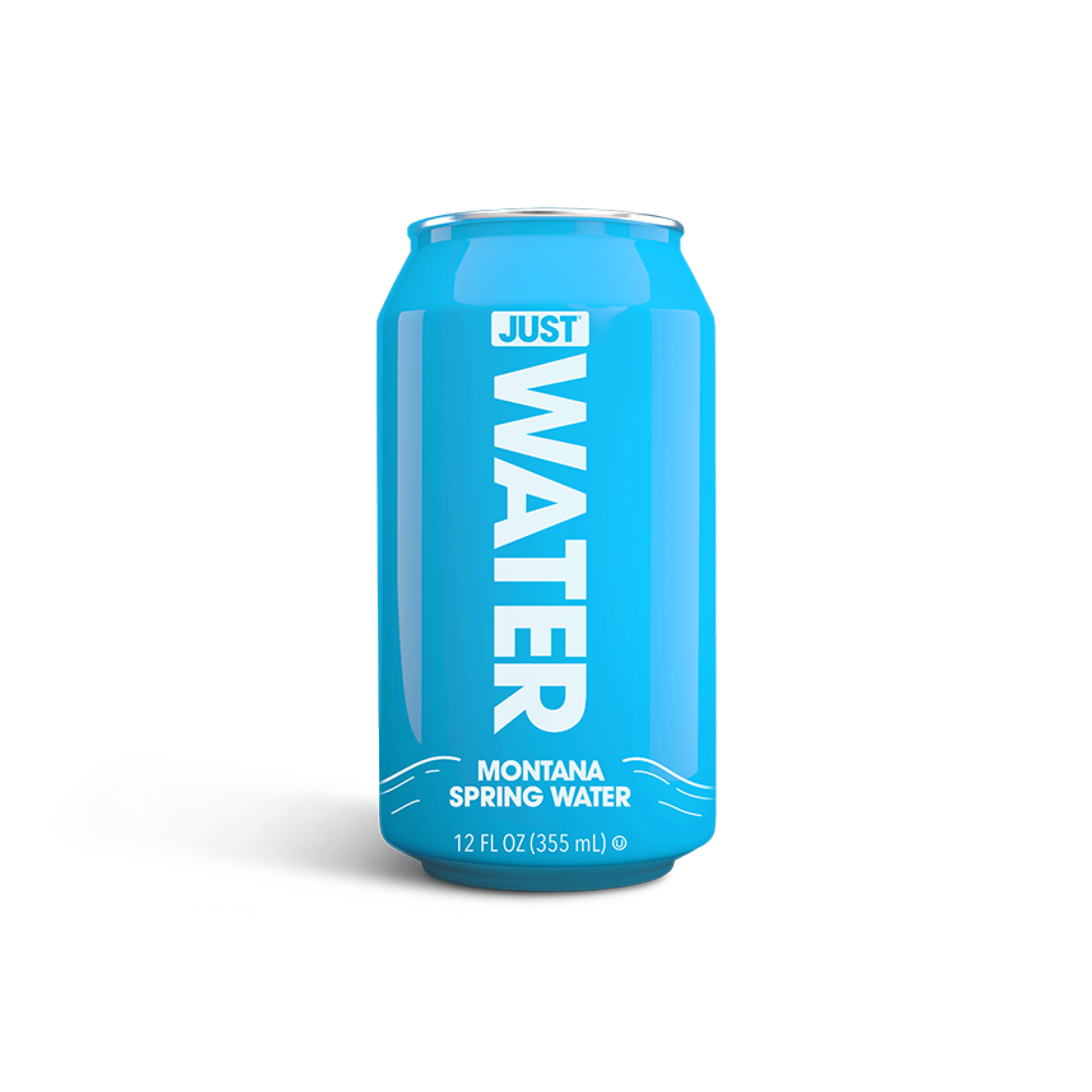
JUST WATER
Spring Water -- 12 fl oz Aluminum | 24 Pack
